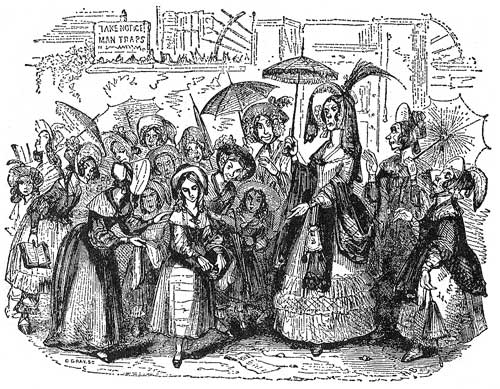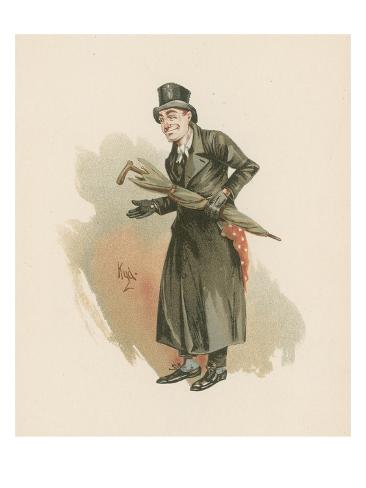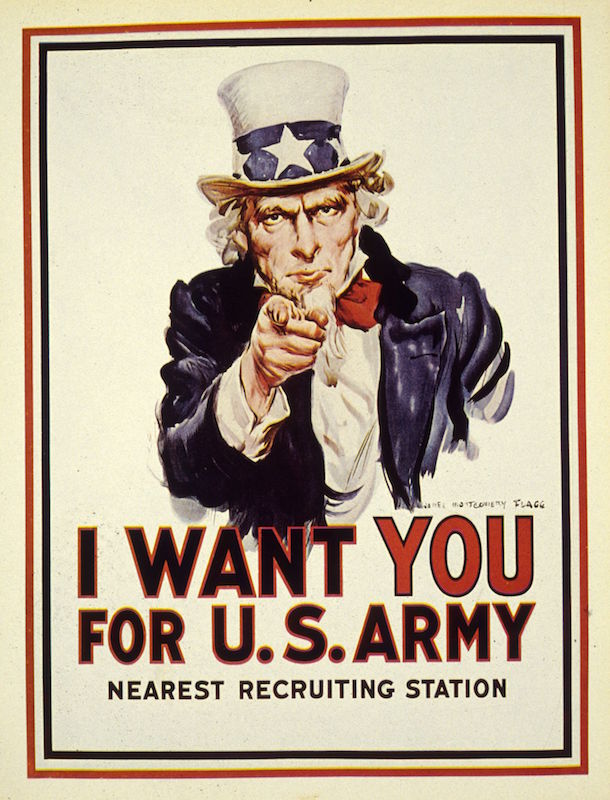Bertolt
Brecht's "To Those Born Later" begins with an exclamation (here in
the Willett, Manheim, Fried translation): "Truly, I live in dark times!"
– those of his Danish exile between 1934 and 1938. The poem's conclusion addresses
"you who will emerge from the flood" and asks them, first, to consider
that "we / Who wanted to prepare the ground for
friendliness / Could not ourselves be friendly", and then to "think
of us / With forbearance." Don't judge people, that is, if their political
actions and goals are inconsistent. And more generally, this is a plea against
"presentism": judge people only by the standards of their own time, not
by later standards. (Andrew
Shields, #111words, 10 February 2021)
Note:
The translation
by John Willett, Ralph Manheim, and Erich Fried is
available on various web pages, but most of them omit the last three stanzas.
Presumably, someone left them out, and others copied the incomplete version. This
is the complete translation. The German original, with a recording of Brecht reading it, is on Lyrikline.
To Those Born Later
Bertolt Brecht
trans. John Willett, Ralph Manheim, Erich
Fried
I
Truly, I live in dark times!
The guileless word is folly. A smooth
forehead
Suggests insensitivity. The man who laughs
Has simply not yet had
The terrible news.
What kind of times are they, when
A talk about trees is almost a crime
Because it implies silence about so many
horrors?
That man there calmly crossing the street
Is already perhaps beyond the reach of his
friends
Who are in need?
It is true I still earn my keep
But, believe me, that is only an accident.
Nothing
I do gives me the right to eat my fill.
By chance I've been spared. (If my luck
breaks, I am lost.)
They say to me: Eat and drink! Be glad you
have it!
But how can I eat and drink if I snatch
what I eat
From the starving, and
My glass of water belongs to one dying of
thirst?
And yet I eat and drink.
I would also like to be wise.
In the old books it says what wisdom is:
To shun the strife of the world and to live
out
Your brief time without fear
Also to get along without violence
To return good for evil
Not to fulfill your desires but to forget
them
Is accounted wise.
All this I cannot do:
Truly, I live in dark times.
II
I came to the cities in a time of disorder
When hunger reigned there.
I came among men in a time of revolt
And I rebelled with them.
So passed my time
Which had been given to me on earth.
My food I ate between battles
To sleep I lay down among murderers
Love I practised carelessly
And nature I looked at without patience.
So passed my time
Which had been given to me on earth.
All roads led into the mire in my time.
My tongue betrayed me to the butchers.
There was little I could do. But those in
power
Sat safer without me: that was my hope.
So passed my time
Which had been given to me on earth.
Our forces were slight. Our goal
Lay far in the distance
It was clearly visible, though I myself
Was unlikely to reach it.
So passed my time
Which had been given to me on earth.
III
You who will emerge from the flood
In which we have gone under
Remember
When you speak of our failings
The dark time too
Which you have escaped.
For we went, changing countries oftener
than our shoes
Through the wars of the classes, despairing
When there was injustice only and no
rebellion.
And yet we know:
Hatred, even of meanness
Contorts the features.
Anger, even against injustice
Makes the voice hoarse. Oh, we
Who wanted to prepare the ground for
friendliness
Could not ourselves be friendly.
But you, when the time comes at last
And man is a helper to man
Think of us
With forbearance.














